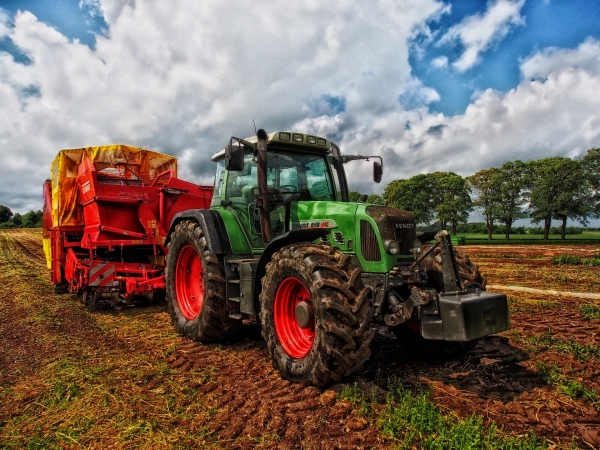A new review of research suggests that the nature-based technology biochar – a carbon-rich material – could be an important tool to use in agriculture to help mitigate climate change.
Made by pyrolysis, a process that involves heating organic material in a low-oxygen environment, biochar – a charcoal-like, porous substance – has long been utilized for crop production as a soil amendment or carbon sequestration agent. In recent years, researchers have seen a resurgence of heightened interest in the technology due to its unique physical structure and its various agricultural and environmental benefits.
It’s for these reasons that biochar’s potential to remove large amounts of greenhouse gases from the atmosphere deserves to be re-evaluated, said Raj Shrestha, lead author of the study and a research associate in horticulture and crop science at The Ohio State University.
“When farmers grow their crops, they apply fertilizer and/or manure and use different kinds of machinery to till the soil,” said Shrestha. “In the process, greenhouse gases are produced and released into the atmosphere.”
But farmers could lessen this impact by applying biochar to their fields, according to the paper, recently published in the Journal of Environmental Quality.
Read more at Ohio State University
Image by David Mark from Pixabay


